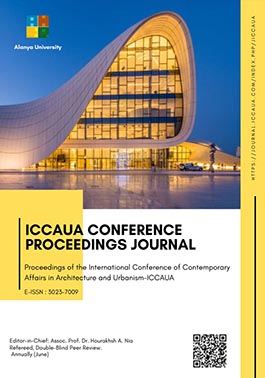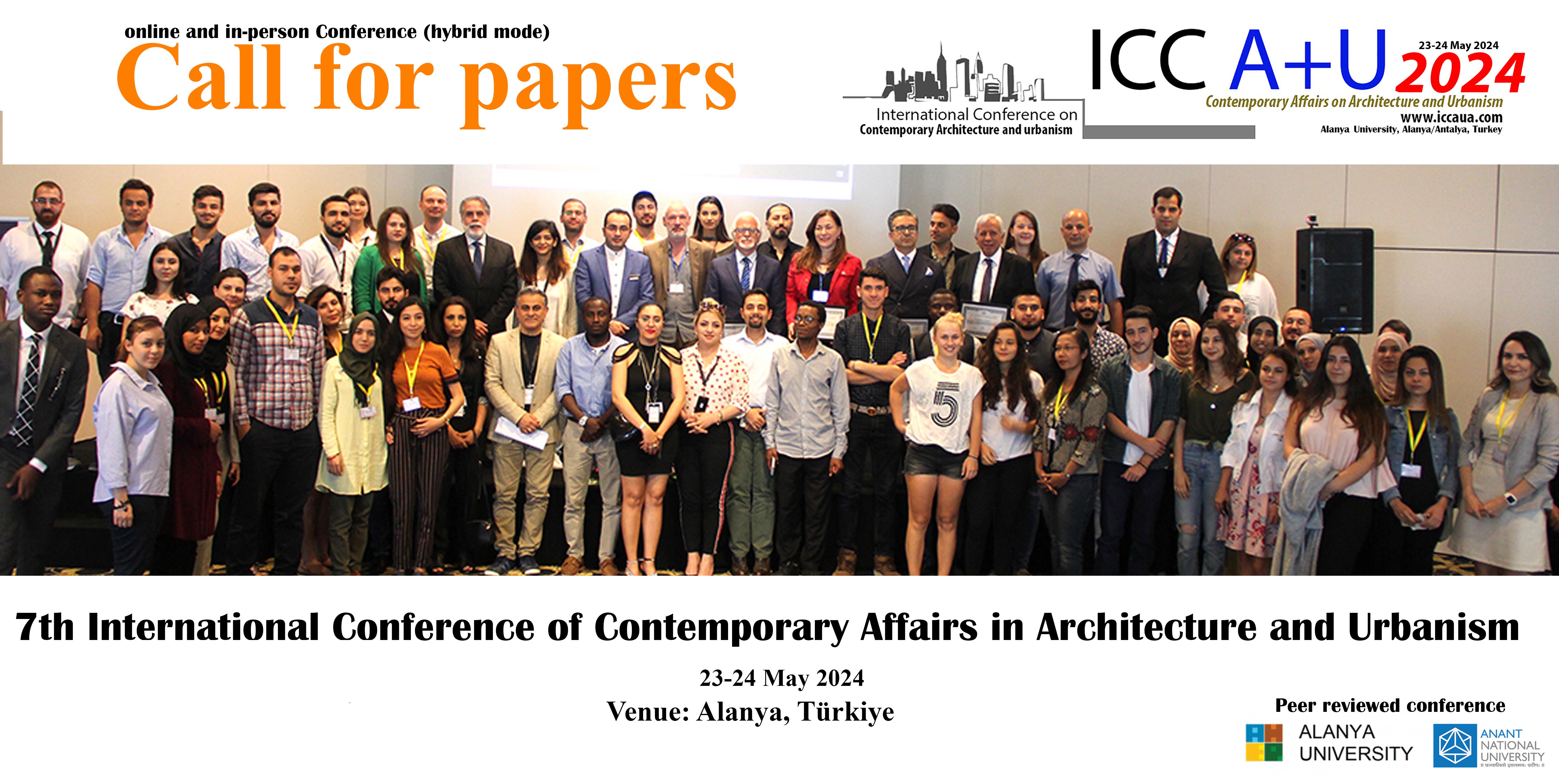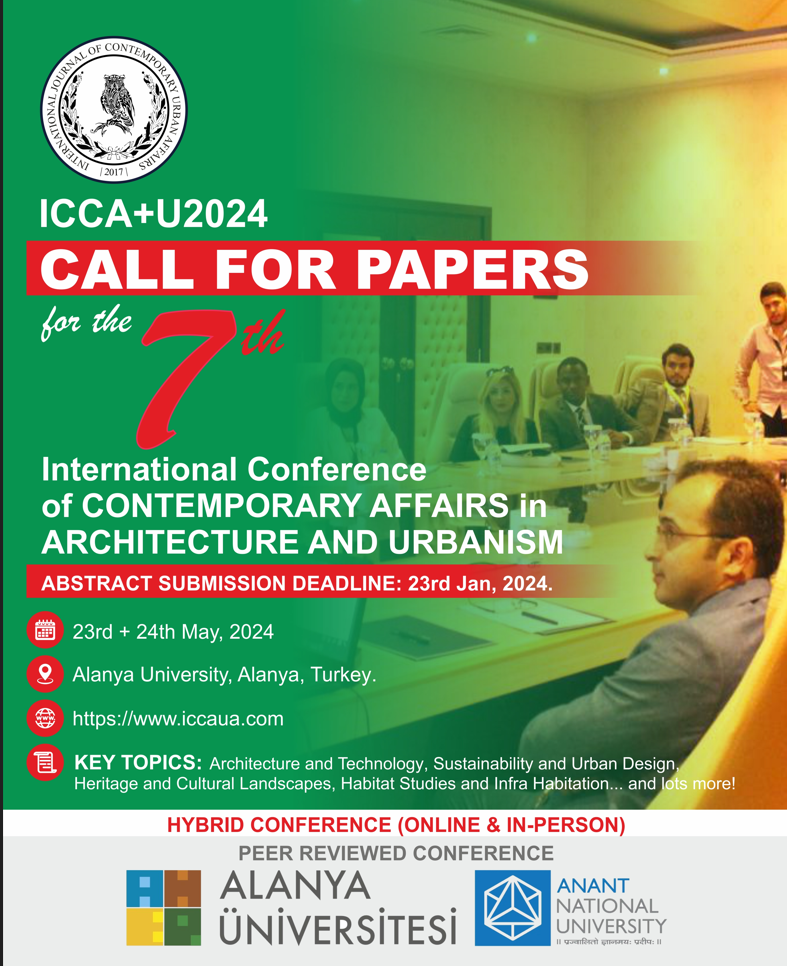The Transition to Integrated Renewable Energy: A Framework for Low Energy Building Design
DOI:
https://doi.org/10.38027/iccaua2023en0168Keywords:
Energy Consumption; Greenhouse Gas Emissions; Impact of Buildings; Renewable Energies; Solar Energy; Nearly Zero Energy Building.Abstract
Following the Paris Agreement in 2015, global attention to global warming countermeasures has intensified, as climate change is a major threat to human societies, fundamentally linked to energy consumption and greenhouse gas emissions. Given the huge impact of buildings on energy consumption, changes must take place towards a sustainable energy transition by using renewable energies such as solar energy in order to push buildings to near zero energy consumption. In this context, our work consists of clarifying the nearly zero energy building (NZEB) concept and of reviewing research articles focusing on the use of renewable energy sources (RES) in an efficient way, based on solar energy.
Downloads
Downloads
Published
How to Cite
Issue
Section
License
Copyright (c) 2023 Amal KIRATI, Zineb MEDJELDI, Assoule DECHAICHA, Djamel ALKAMA

This work is licensed under a Creative Commons Attribution 4.0 International License.









